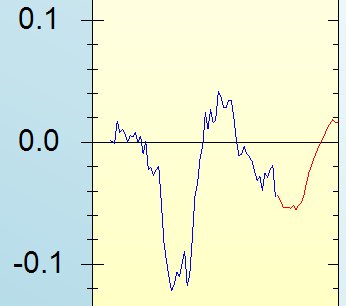Meanwhile, productivity in the energy sector - where North Sea reserves are rapidly being depleted - has declined. In this context, driving the UK towards sustainable productivity growth is likely to be a challenge.
Investment in physical and human capital, and policies to foster innovation are conventional cures for productivity malaise. Business investment requires access to finance and also requires confidence that demand will grow into the future.
Continued uncertainty about the macroeconomic outlook - and especially about the outcome of the Euro crisis - is, in the absence of a quick resolution, likely to continue to frustrate hopes of a speedy return to healthy productivity growth.
Abigail Hughes, & Jumana Saleheen (2012). UK labour productivity since the onset of the crisis - an international and historical perspective Bank of England Quarterly Bulletin, 138-146

